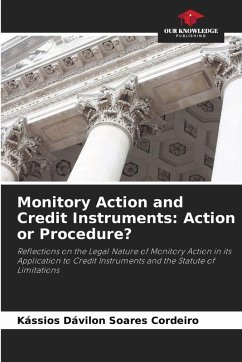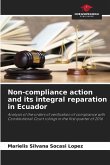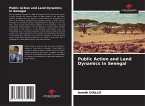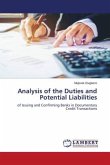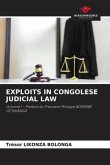Within the subject of credit instruments, there has been growing discussion about the procedural possibilities of seeking protection of the rights embodied in the instrument. The claims, burden of proof, and protection of ordinary collection actions and monitoring actions are distinct, which suggests different treatment in the statute of limitations regime between these actions. Despite this fact, commercial doctrine is divided, sometimes affirming the possibility of a split between ordinary actions and monitory actions, and sometimes restricting the protection of the creditor's rights in exchange actions arising from a single causal action subject to different procedures, namely: ordinary, summary, expedited, and monitory. Along the same lines, case law has only recently admitted monitory actions involving credit instruments (Precedent No. 299, STJ), but did so without analyzing the actual legal regime of the monitory institute brought about by Law 9709/95. This paper defends Law 9709/95 as a mixed norm with effects on substantive and procedural law on credit. The specific protection afforded by the monitory action creates a new substantive claim on the credit, deserving of a single statute of limitations.
Bitte wählen Sie Ihr Anliegen aus.
Rechnungen
Retourenschein anfordern
Bestellstatus
Storno

